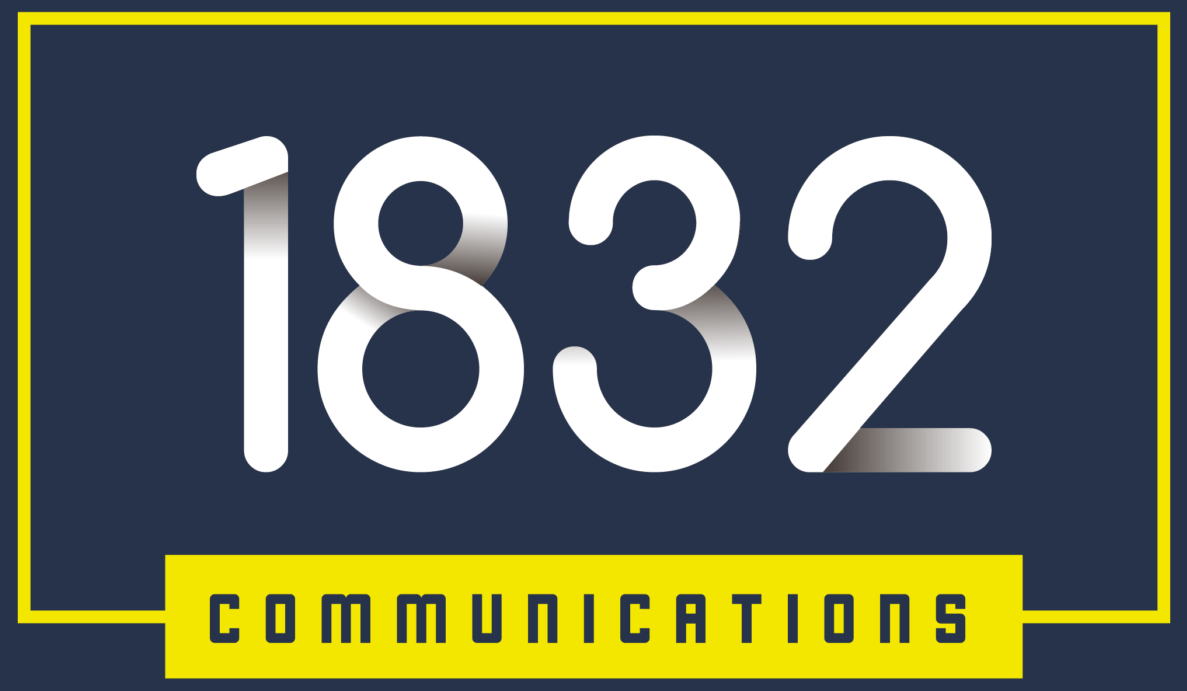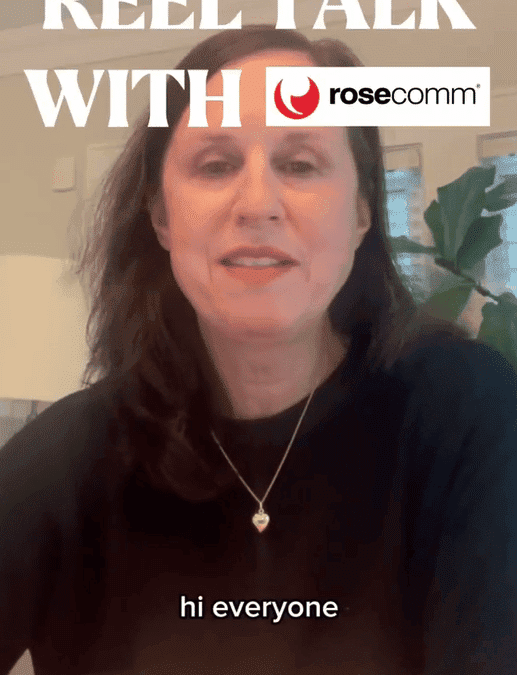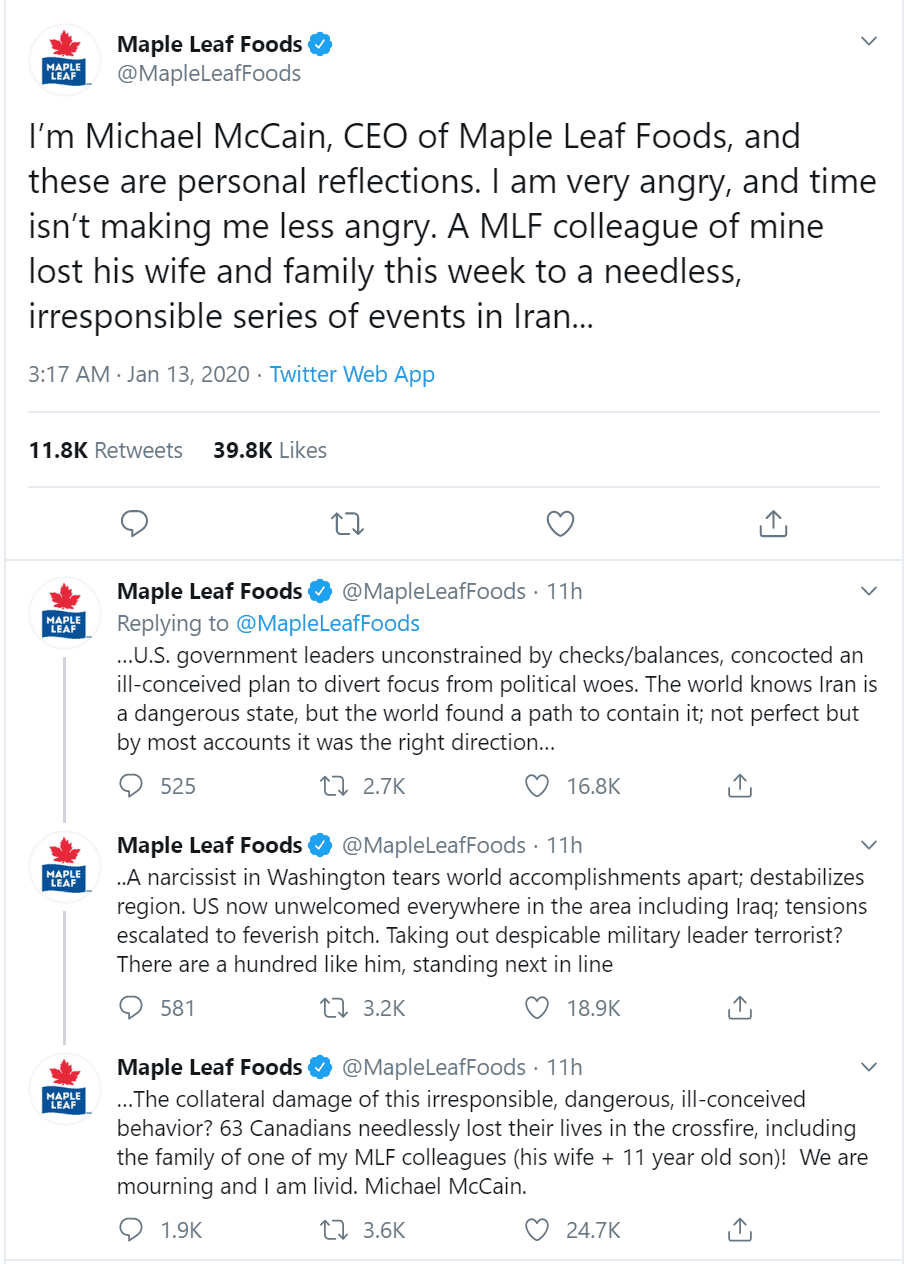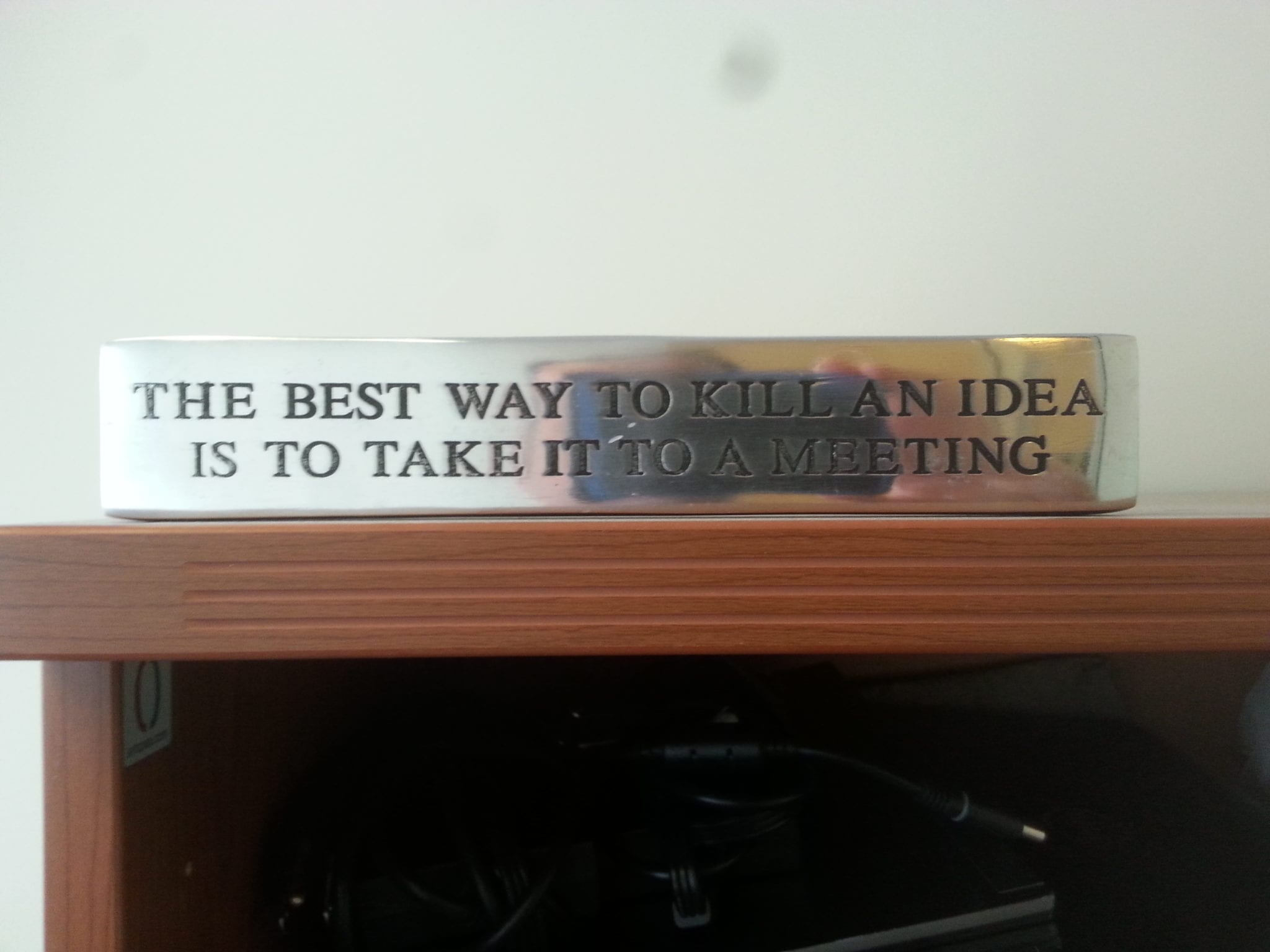It was one week before the gala event, the biggest fundraiser of the year for the institution I worked at. I was in charge of fundraising which included managing all aspects of the dinner- honorees, journal ads, catering, hall, table seating charts etc.
And while we’re at it, let’s add that this was the first fundraising event I was doing for the organization. Meaning everyone had a lot riding on this.
I get a phone call from an alumnus of the institution asking me why I haven’t put out a statement to alumni. My response? “About what?” “You don’t know? Go to this news site and check.”
And there it was. A story about an incident at the institution. (Important to note: As far as I know, all charges were dropped.) Not great seeing as it’s ONE WEEK BEFORE THE GALA EVENT!

In a panic I called the head of the institution. Their response? Not a big deal. It’ll be out of the news by tomorrow morning. We shouldn’t do anything.
I told them we had to get a statement out to all alumni immediately before people pulled out of attending the event and stopped giving. Honesty and transparency are critical in a crisis.
I composed an email to send to everyone, including the gala event honorees, from the heads of the institution. The situation was explained as best as possible (there was an ongoing investigation so there were things I couldn’t say). I promised to keep everyone in the loop.
I did receive a lot of responses from alumni and I answered them all. We lost 24 hours to the news cycle but alumni were glad to hear directly from someone in charge, rather than just relying on news reports.
One week later the gala event set a new record for number of attendees and money raised.
The lesson for me: I did NOT have a crisis comms plan at the ready. Post event I composed one. Because you never know when you’ll need it.
I learned the hard way. But you don’t have to.
What to do in a crisis
I sought expert advice to share with you. I asked Rosemary Ostmann of Rosecomm to help.
RoseComm is a boutique strategic communications firm that specializes in helping clients- including nonprofits- tell their stories in ways that resonate with their target audiences.
Rosemary is a top comms expert and given her vast experience and knowledge, she knows how to successfully navigate complex crises with precision, authenticity and empathy. I love learning from her smarts!
Side note: I had the chance to work with Rosemary to help a nonprofit client. Rosemary was AWESOME!!! In fact, as part of what she did, Rosemary worked very hard to get the client onto the Kelly Clarkson show… where the client won the Good Neighbor of the Year award!
When a crisis hits, what are the first three things to do in a crisis? Rosemary has the answer in this video:
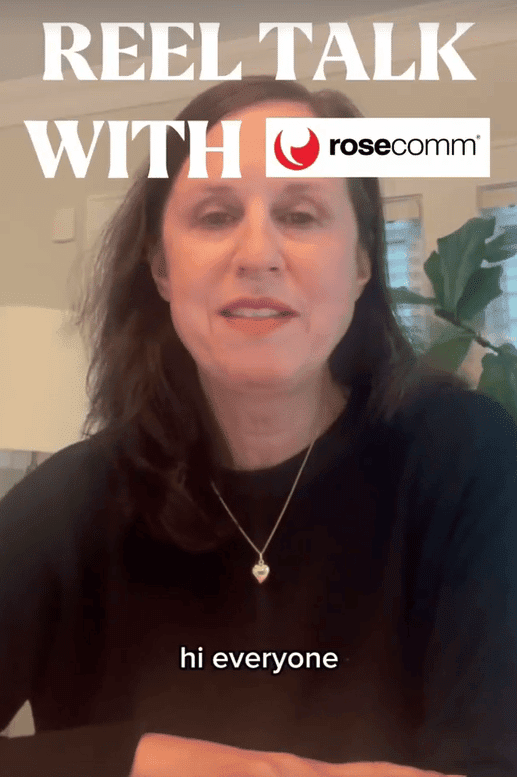
Definite 👍️ and 👏 !
When a crisis hits, you won’t want it to get out. It could embarrass everyone associated with your nonprofit. But it is gonna get out and if you’re not prepared…
Watch the above video. Learn from Rosemary.
Then I suggest getting prepared. Put together crisis comms guidelines. Within that, be prepared to quickly answer some of the W questions.
- Who will be the spokesperson for the organization
- What you can and can’t say (transparency is critical but your lawyer will advise you what you can’t say or discuss)
- Where will you post a statement (website? Email? Social media? Press release?)
- How you’ll take action to deal with the situation
I didn’t have a plan. I’m lucky it didn’t blow up in my face.
This doesn’t have to be a pain point. A crisis doesn’t have to cause your organization more headaches than it already has.
Prepare your crisis comms plan today. Because shrugging is not an acceptable response. (See the story halfway thru. Ugh.)
